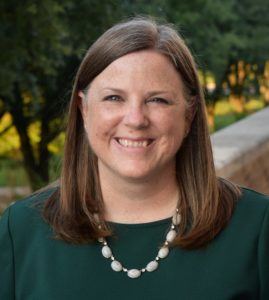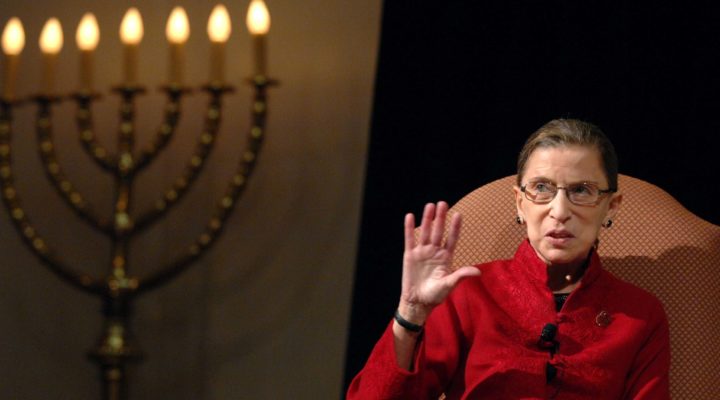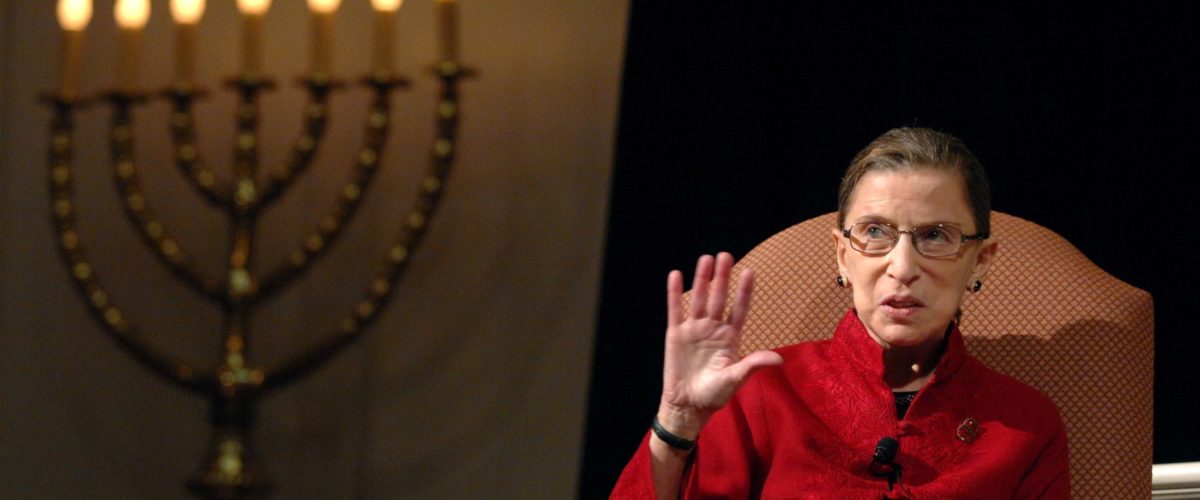Ruth Bader Ginsburg, associate justice of the United States Supreme Court and tireless advocate for gender and racial equality, died on Friday, Sept.18. One of eight Jewish justices to sit on the Supreme Court, Justice Ginsburg’s death came just as the Jewish holiday of Rosh Hoshana was set to begin that evening.
Rosh Hoshana is the celebration of the Jewish New Year, and this year’s holiday marks the beginning of the 5,781st year in the Jewish calendar.

Meredith Stone
One of the traditional practices of Rosh Hoshana is to eat apples dipped in honey. After eating the sweet treat, a Hebrew prayer is offered which translates, “May it be your will, Lord our God and God of our ancestors, that you renew for us a year good and sweet like honey.”
Apples are chosen as the fruit to be dipped in honey for several reasons, one of which is its connection to the Garden of Eden in rabbinic literature. The Jewish calendar counts the number of the years from when it imagines creation to have occurred, so the celebration of the new year is one that looks both backward and forward.
The apples are a reminder of the first home God created for the humans, which is depicted in the creation story. The Garden of Eden was a fruitful home in which God and humans were at peace, but the garden’s fruit also was a source of pain.
So when apples are dipped in sweet honey at the start of the new year, the fruit that symbolized the fall of humanity becomes covered in redemption toward goodness and sweetness, which takes place during Rosh Hoshana’s celebration of new beginnings.
During this Rosh Hoshana, occurring in the dreadful year known as 2020, speculation is running rampant about what will happen in light of Justice Ginsburg’s death. How soon will a move be made to nominate her replacement? Who will get to make that nomination? Who will be voting to confirm it? What will the effects be on the justice system, democracy and equity in the United States?
But the irony is not lost that these questions, which instill dread for what is to come in many of us, are being posed during a time when Ginsburg herself would have been celebrating a holiday that turns attention toward a hope for goodness and sweetness in the year ahead.
“Those of us who support and advocate for women’s equality and equity among Baptists feel a special kinship with and inspiration from Justice Ginsburg.”
Those of us who support and advocate for women’s equality and equity among Baptists feel a special kinship with and inspiration from Justice Ginsburg. I have seen countless posts on social media from Baptist women and men in remembrance of the icon lovingly known as RBG. From her place in the justice system, she worked for the same hope for which our Baptist foremothers were fighting in Baptist churches and institutions.
One of Justice Ginsburg’s famous quotes, which is particularly inspiring, was made in reference to the increasing number of women on the Supreme Court.
She said, “When I’m sometimes asked, ‘When will there be enough (women on the Supreme Court?)’ and I say, ‘When there are nine,’ people are shocked. But there’d been nine men, and nobody’s ever raised a question about that.”
There are many ways this quote could be interpreted to relate to the situation of Baptist women in ministry.
We too are asked, “When will it be enough? When will Baptist women be in enough places of leadership?” But the same question never has been asked of men.
In realization of how far we have yet to go in working for Baptist women to have equity in their opportunities to fully express their gifts, calling and leadership, it can be easy to get discouraged. To imagine a time “when there are nine” among Baptists can feel impossible.
“To honor Justice Ginsburg during this season of Rosh Hoshana, I hope we might commit to focusing not only on the apple, but also on the honey.”
But to honor Justice Ginsburg during this season of Rosh Hoshana, I hope we might commit to focusing not only on the apple, but also on the honey. That we might not only point out the consequences of sin, which led to inequality, but also symbolically cover that sin in the goodness of redemption.
And instead of wondering where the redeeming honey is located, we might even join the work of redemption in becoming the honey ourselves.
Let us be the ones who have the courage to respond with audacity when asked when there will be enough equality and equity for Baptist women.
Let us be the ones who commit to always raising the question when a committee, program, leadership group, congregational staff, platform is comprised of only men.
Let us be the ones who hold hope for the future of women among Baptists alongside our justified anger for centuries of oppression under a patriarchal church structure.
May it be your will, Lord our God and God of our Baptist foremothers and the honorable Justice Ruth Bader Ginsburg, that you renew for us Baptist women a year and a future good and sweet like honey.
Meredith Stone serves as executive director of Baptist Women in Ministry.


